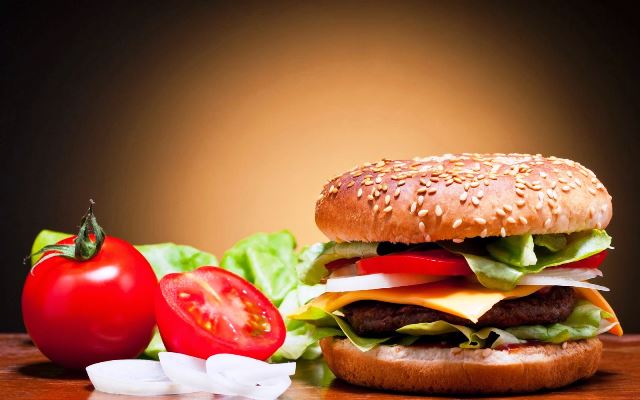
It's amazing how unusual and strange absolutely ordinary, everyday things can be. The best example is food. There are many myths and controversies surrounding food products. Perhaps, not a single culinary ingredient is treated exclusively positively or only negatively. You may not know how to cook and not know the energy value of each product, but there are curious and surprising facts that will not only be instructive, but also useful in everyday life!
1. Peanuts are not nuts.

We are used to the fact that peanuts are nuts. They are a favorite beer snack in Russia, an affordable and tasty source of protein, they are found on store shelves next to hazelnuts, walnuts and cashews, they are sold salted, fried, glazed, unprocessed, in sugar and chocolate. However, few people know that from a botanical point of view, peanuts are legumes, like the usual soybeans, beans and peas.
2. Monosodium glutamate - a spice?
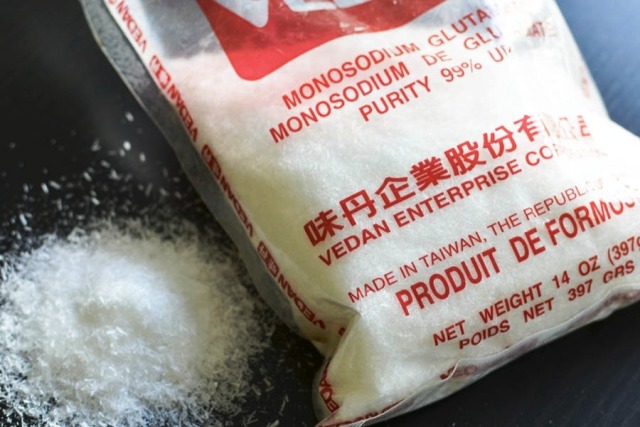
There are many myths and rumors surrounding sodium glutamate. Nutritionists and doctors threaten its deadly effect on TV screens and convincingly ask to refuse to eat food containing it. Monosodium glutamate is an additive, which is also called a flavor enhancer, and its name contains its meaning. Today, it is quite difficult to find a product without it, manufacturers understand that we like to eat deliciously. But an interesting fact is that in some Asian countries, for example, in Japan, the cult of delicious food is so strong that monosodium glutamate is sold in stores, like ordinary black pepper in our country. Residents of the Land of the Rising Sun add it to dishes as a classic spice or even replace salt with it.
3. Cholesterol-free sunflower oil
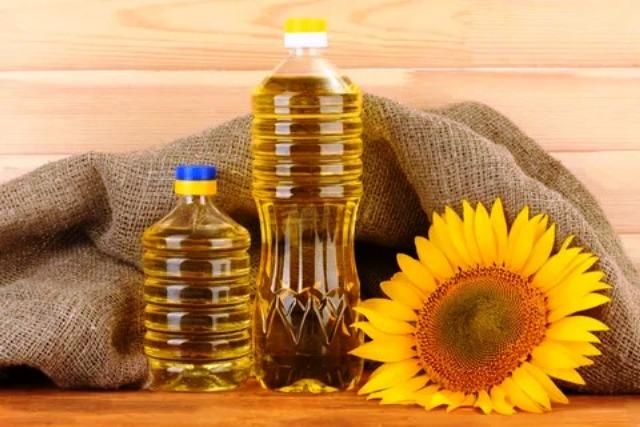
Often on the label of sunflower oil you can see the inscription "cholesterol-free". You should not give preference to this product, hoping for its benefits, because this information is nothing more than a marketing ploy of the brand. Cholesterol is found only in animal fats, so in principle it cannot be in vegetable oil.
4. Honey has a shelf life of thousands of years

It is customary to monitor the expiration date of products and be sure to study the packaging before purchasing and consuming. However, there is one ingredient whose shelf life is almost unlimited - honey. If stored properly, the healthiest dessert in the world will not disappear even after a thousand years.
5. Healthy tomatoes are not raw
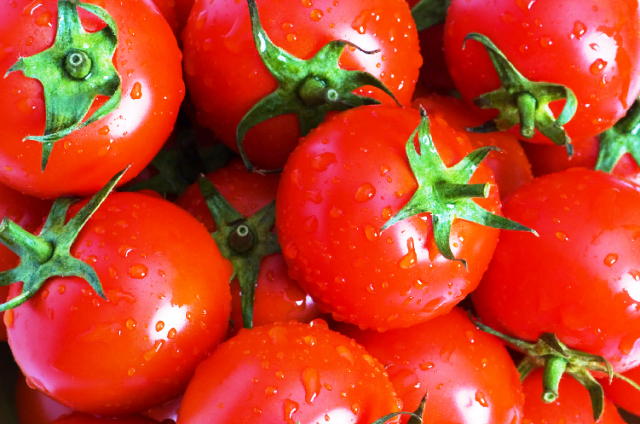
It is generally accepted that heat treatment has a negative effect on the beneficial properties of products, but there are always exceptions to every rule. Tomatoes are one of them. It has been proven that tomatoes become even more beneficial after heat treatment. The secret is in a substance called lycopene, which is incredibly beneficial for human health. The concentration of this element in tomatoes only increases under the influence of high temperatures.
6. Lemon is not the most rich in vitamin C
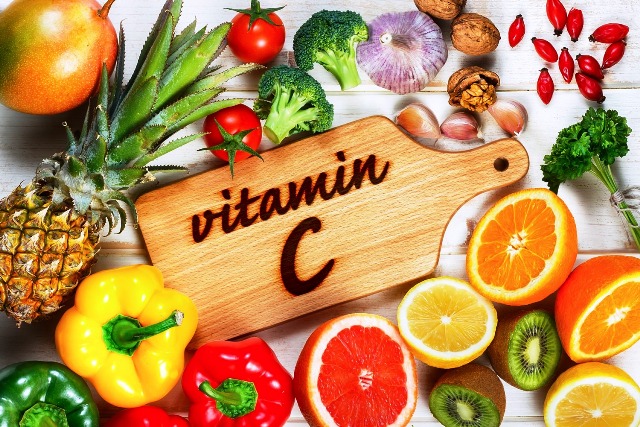
The product that everyone associates with vitamin C is, as a rule, lemon. However, this fruit is far from being a record holder for its content. Rose hips, sea buckthorn, bell peppers, kiwi and even oranges contain much more of this essential vitamin, and they are much more pleasant to eat.
7. Lacrimator in a bow

An old man sits dressed in a hundred fur coats... Almost no one can cut onions without tears. The culprit is the tear-producing substance contained in the vegetable, it is called lachrymator. It is the release of this tear-producing substance upon contact with air that makes us cry.
8. The secret of storing potatoes
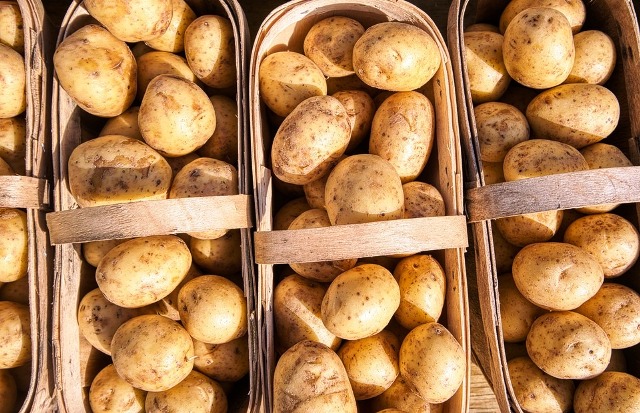
Potatoes should be stored at a positive temperature from +2 to +4 C. In such conditions, the root crop does not sprout and does not spoil. It does not like not only the cold, but also the proximity to other vegetables. The only exception is beetroot.
9. The secret to cooking rice correctly
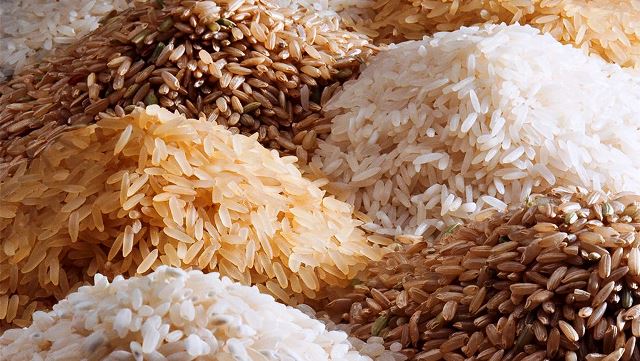
If you read most of the secrets of cooking delicious rice on the Internet, you can often find the classic recommendation: 2 cups of water for 1 cup of rice. It is wrong to follow such advice. The amount of liquid when cooking rice primarily depends on its type. Rice for Spanish paella likes a lot of water, and classic white jasmine is even tastier in a ratio of 1:1.5.
10. Steak made from beef only
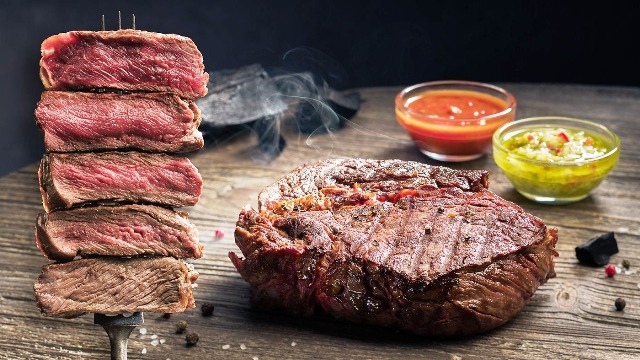
We are used to making steaks from pork, poultry or even fish. But Americans are convinced that the only meat option for this dish is beef. In addition, the classic national steak is made from bull meat, but a similar dish made from a cow is called beefsteak.













